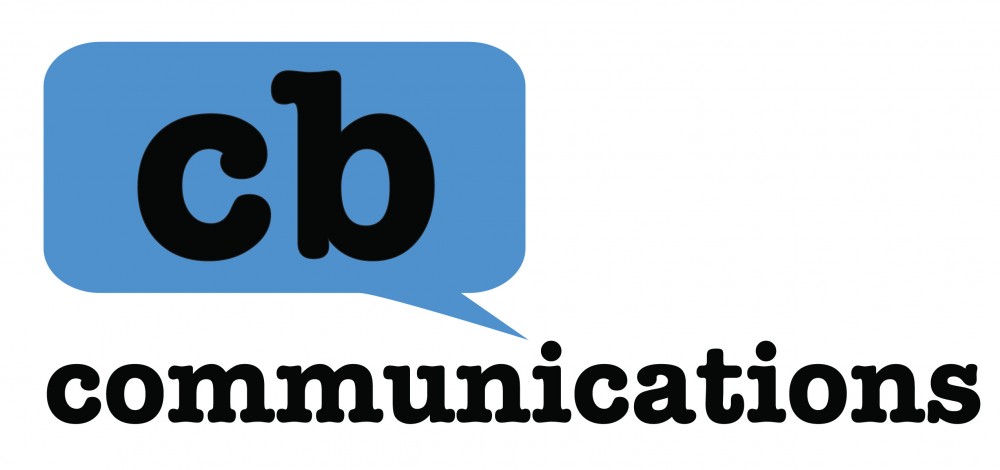Change Management
To empower change in organizations, it helps to understand how people and organizations develop their capabilities. Formal communications, like email, newsletters, speeches and videos, can help you achieve awareness and limited understanding of change, but they are not as effective in changing behaviors.
Organizational change requires you to leverage management systems, like learning and development tools, performance and compensation systems, business processes, structures and other organizational development resources. Ultimately, change requires you to align the leadership behaviors and values that drive culture in organizations.
To manage change in organizations, CB Communications employs a three-stage change management model and methodology that leads people from current state to future state by:
Engaging stakeholders
in the change.
Energizing communication
and collaboration.
Empowering the organization by
institutionalizing the change.
This change process is the result of more than 20 years of research and award-winning experience across a variety of industries and changes, from reorganizations and mergers to employee benefit and HR technology changes to leadership transitions. (Learn more about CB Communications.) Craig Brown is certified in Prosci Change Management methodology and tools. Prosci is an independent research company in the field of change management.
Communication Planning
When you work with CB Communications, we’ll develop and implement strategic communications that help you achieve your organizational goals, realize your mission and empower your brand. This can be as simple as a leadership communication that’s aligned with your strategic plan or it can be a robust communication plan that we develop together to engage the audiences you need to influence in the most powerful way.
After defining your communication objectives, we will complete a situation analysis, including a stakeholder analysis in which we define the audiences you aim to engage, their needs, and the best way to speak to their hearts and minds.
- What do you want your audience to know, feel or do?
- Why should they care? What’s in it for them?
- What are the issues your organization needs to address to realize your mission?
- What messages will advance your audiences’ understanding and commitment to the actions needed to achieve your goals? What is your call to action?
The messages you communicate will be delivered through formal communication vehicles, but ultimately your effectiveness will depend on the degree to which your process enables dialogue to ensure understanding and engagement. And engagement depends on the alignment of your messages with your organization’s management systems, leadership practices and culture.
Leadership Communications
Engaging, energizing and enabling people to deliver on an organization’s mission is the essential role of leadership. Successful leaders are motivated by this challenge.
To support leaders and improve their effectiveness, CB Communications provides communication consulting services that can help you drive employee engagement, organizational change and growth. Empower your brand with strategic communications, such as:
- Leadership presentations that inspire performance and drive change
- Executive communications that connect the dots and educate employees
- Culture audits that help you align your values and management systems
- Training and development toolkits that promote leadership behaviors
- Reward and recognition programs that motivate values-based behaviors
- Policies and protocols that institutionalize brand standards and empower people
